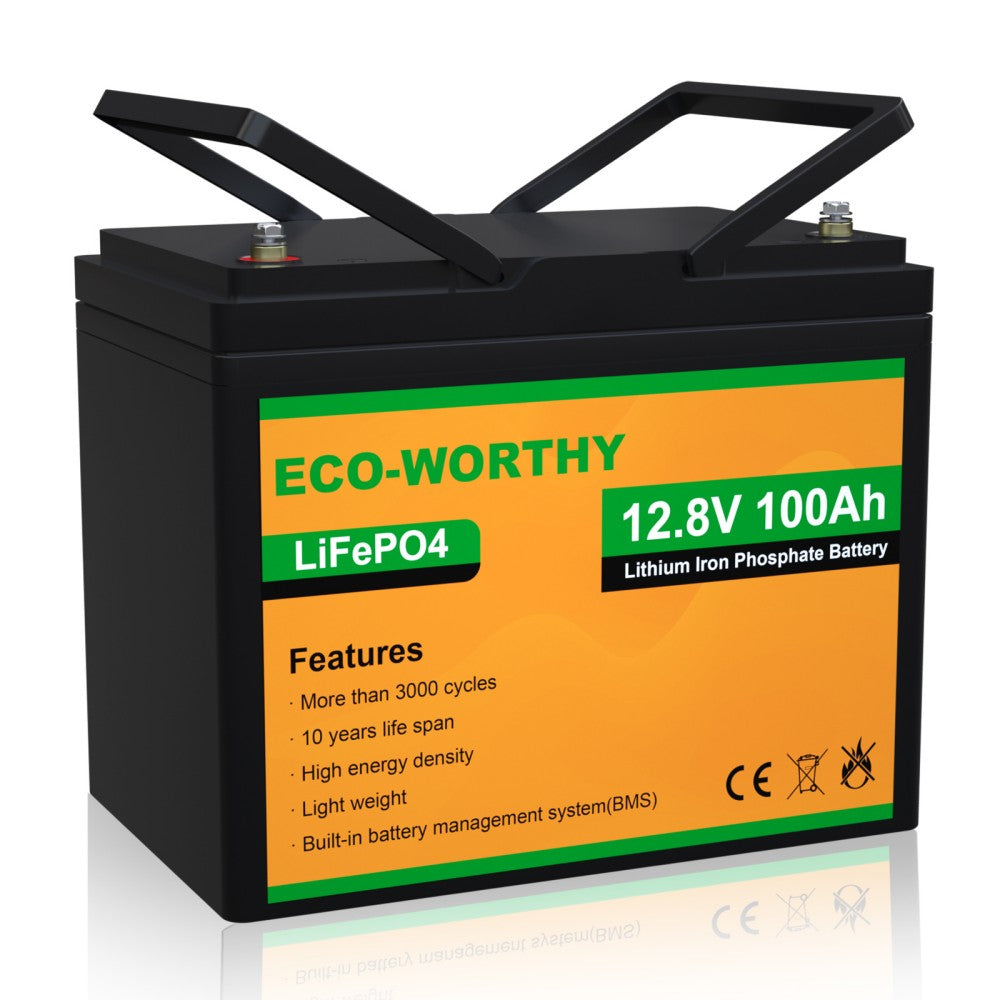Understanding the Benefits of a 100Ah LiFePO4 Battery for Off-Grid Living
Body
In recent years, the 100Ah LiFePO4 battery has gained significant popularity among those seeking reliable energy solutions for off-grid living. This advanced battery technology offers numerous advantages that cater to the needs of eco-conscious individuals and outdoor enthusiasts alike. In this article, we will delve into the benefits of using a 100Ah LiFePO4 battery, exploring its efficiency, longevity, and environmental impact.

What is a 100Ah LiFePO4 Battery?
The 100Ah LiFePO4 battery, or Lithium Iron Phosphate battery, is a type of rechargeable lithium battery known for its high energy density and safety features. With a capacity of 100 amp-hours, this battery can provide a steady power supply for various applications, including solar energy systems, electric vehicles, and portable power stations. But what makes it stand out from other battery types?
Key Advantages of the 100Ah LiFePO4 Battery
- Longevity: One of the most significant benefits of a 100Ah LiFePO4 battery is its impressive lifespan. These batteries can endure over 2000 charge cycles, often lasting up to 10 years or more with proper care.
- Safety: LiFePO4 batteries are known for their thermal stability and low risk of overheating or catching fire, making them a safer choice compared to other lithium-ion batteries.
- Efficiency: With a high charge and discharge efficiency, the 100Ah LiFePO4 battery ensures minimal energy loss, making it an ideal option for off-grid applications.
- Environmental Impact: These batteries are more environmentally friendly than traditional lead-acid batteries, as they contain no toxic materials and are fully recyclable.
Applications of the 100Ah LiFePO4 Battery
Given its numerous advantages, the 100Ah LiFePO4 battery is suitable for various applications. Here are some common uses:
- Solar Energy Systems: Many off-grid solar setups utilise these batteries to store energy generated during the day for use at night.
- Electric Vehicles: The automotive industry increasingly incorporates LiFePO4 batteries due to their safety and longevity.
- Portable Power Stations: Ideal for camping or outdoor activities, these batteries provide a reliable power source for devices and appliances.
Considerations When Choosing a 100Ah LiFePO4 Battery
When selecting a 100Ah LiFePO4 battery, it is essential to consider several factors:
- Quality: Opt for reputable brands that offer warranties and have a proven track record.
- Compatibility: Ensure the battery is compatible with your existing systems, such as solar inverters and charge controllers.
- Cost: While the initial investment may be higher than traditional batteries, the long-term savings on replacements and maintenance can be significant.
Conclusion
In summary, the 100Ah LiFePO4 battery is an excellent choice for those pursuing off-grid living. Its longevity, safety, efficiency, and minimal environmental impact make it a superior option compared to traditional battery technologies. As more individuals seek sustainable energy solutions, the 100ah lifepo4 battery will undoubtedly play a crucial role in shaping the future of energy storage.









Comments